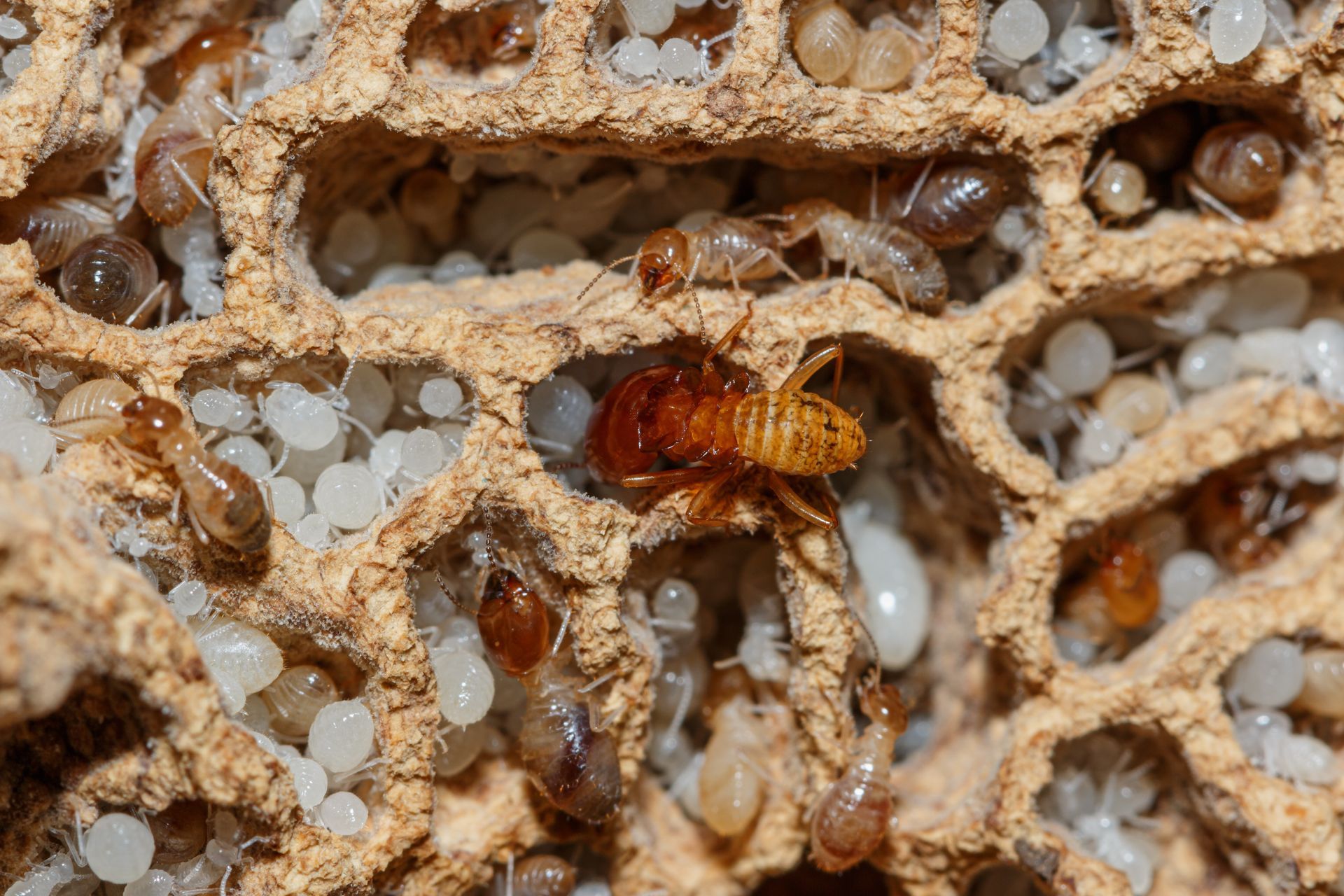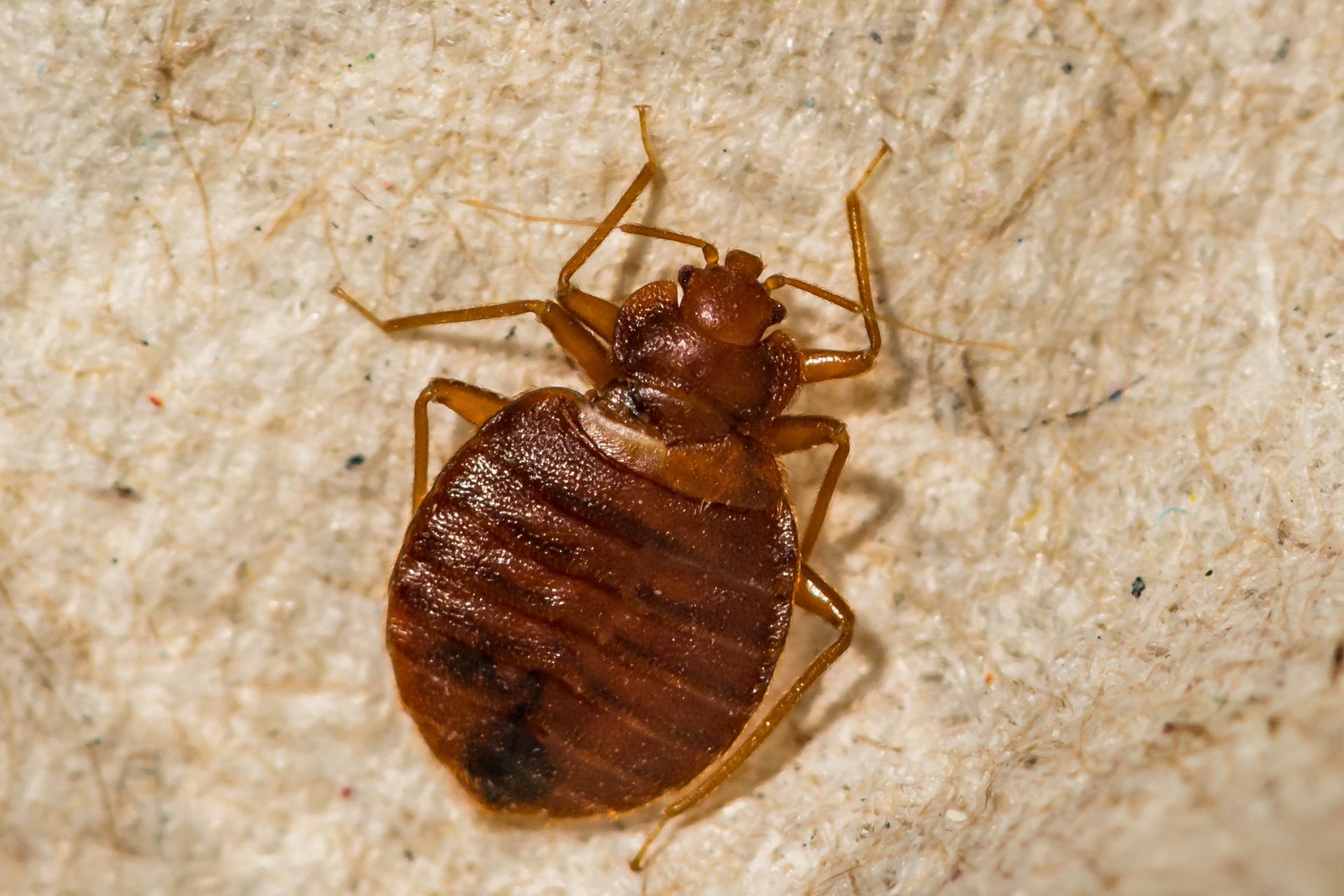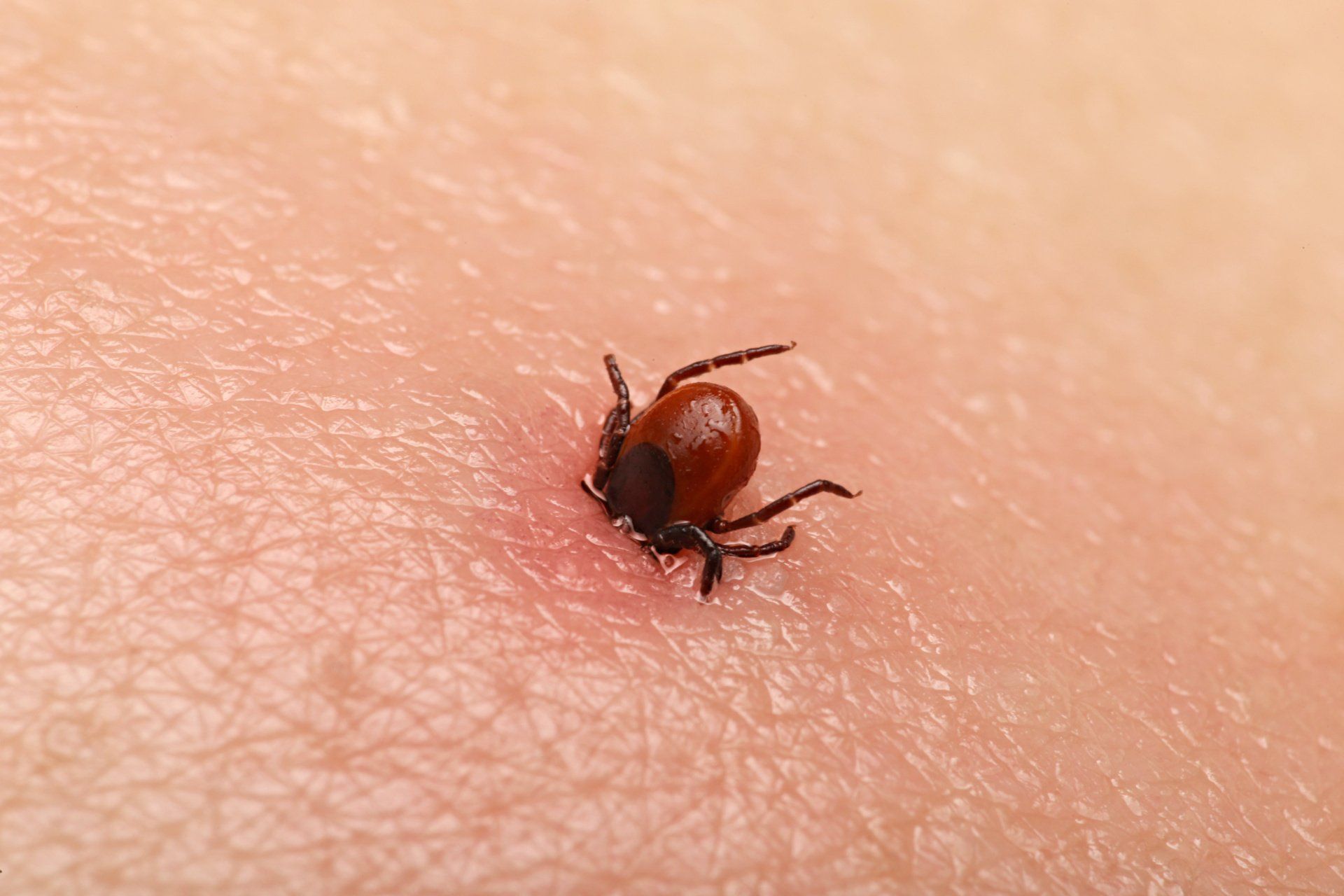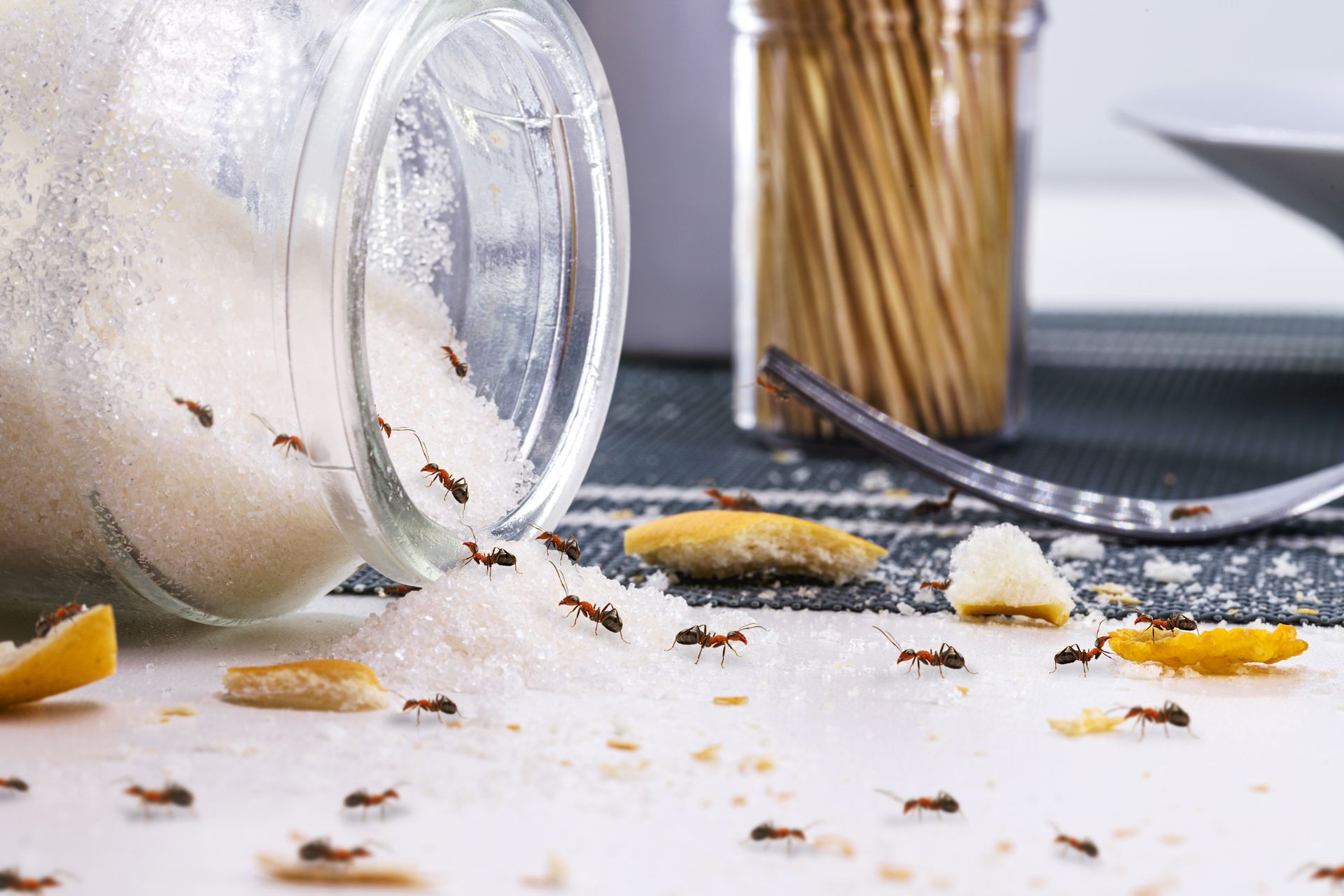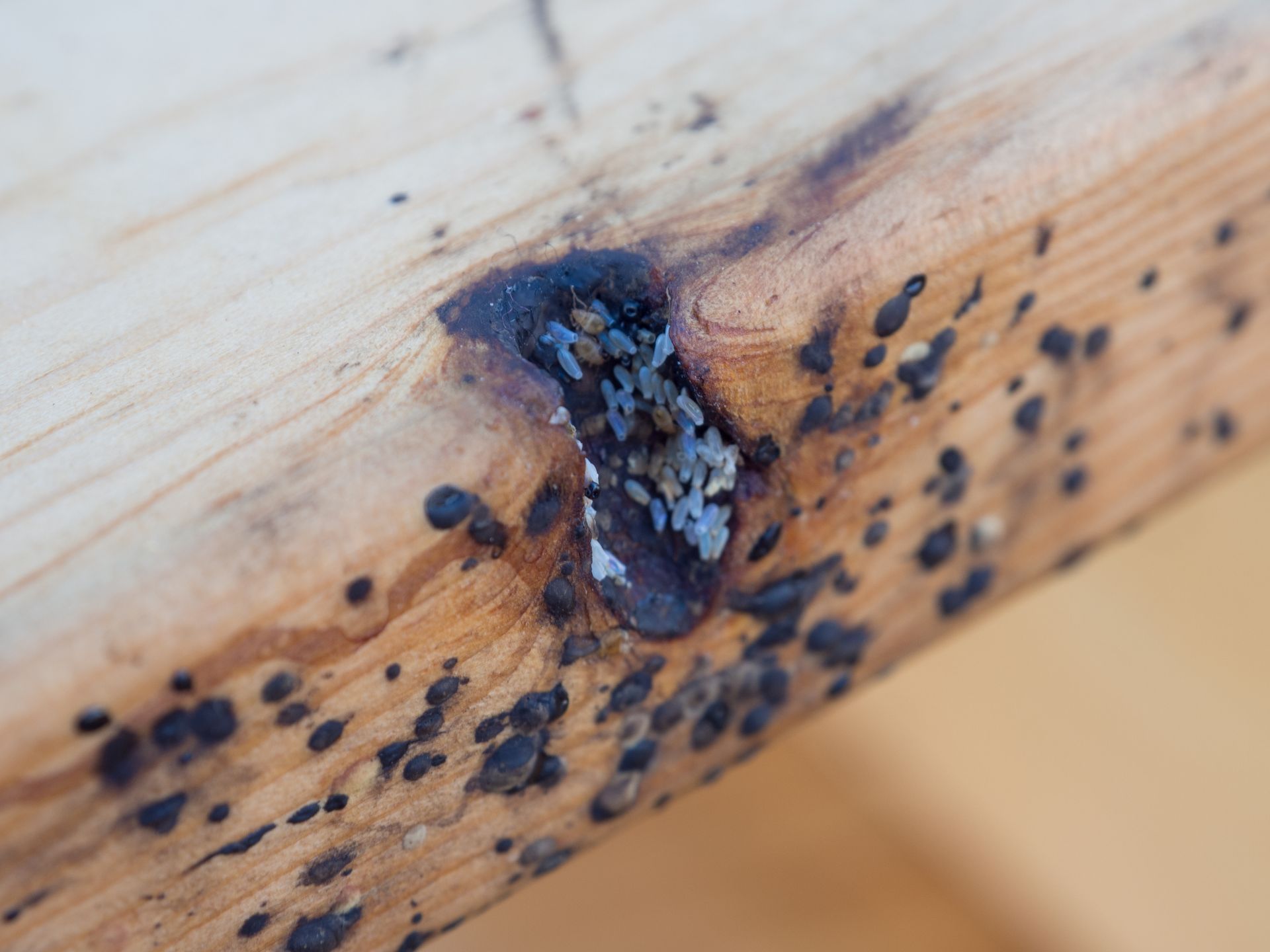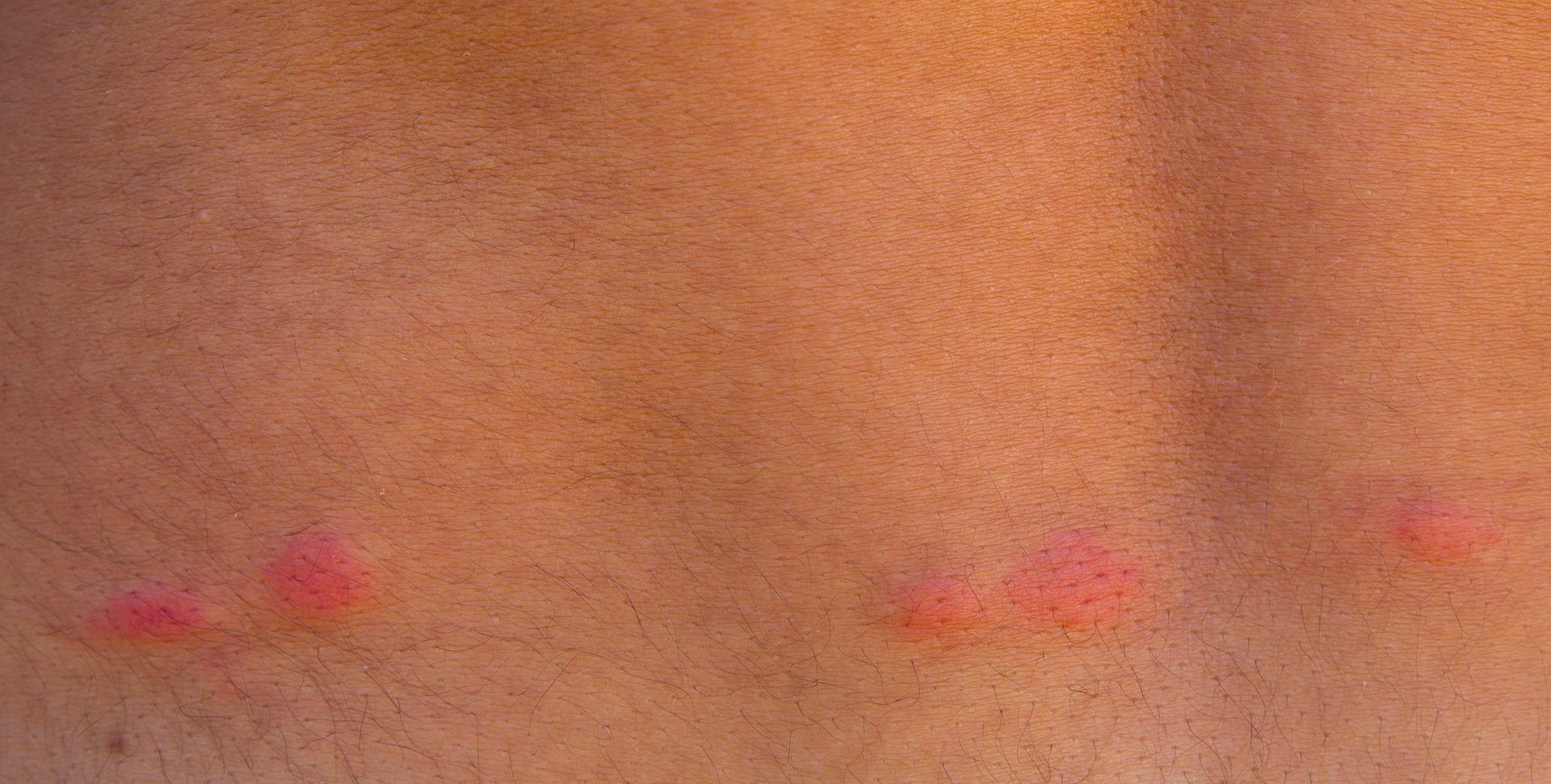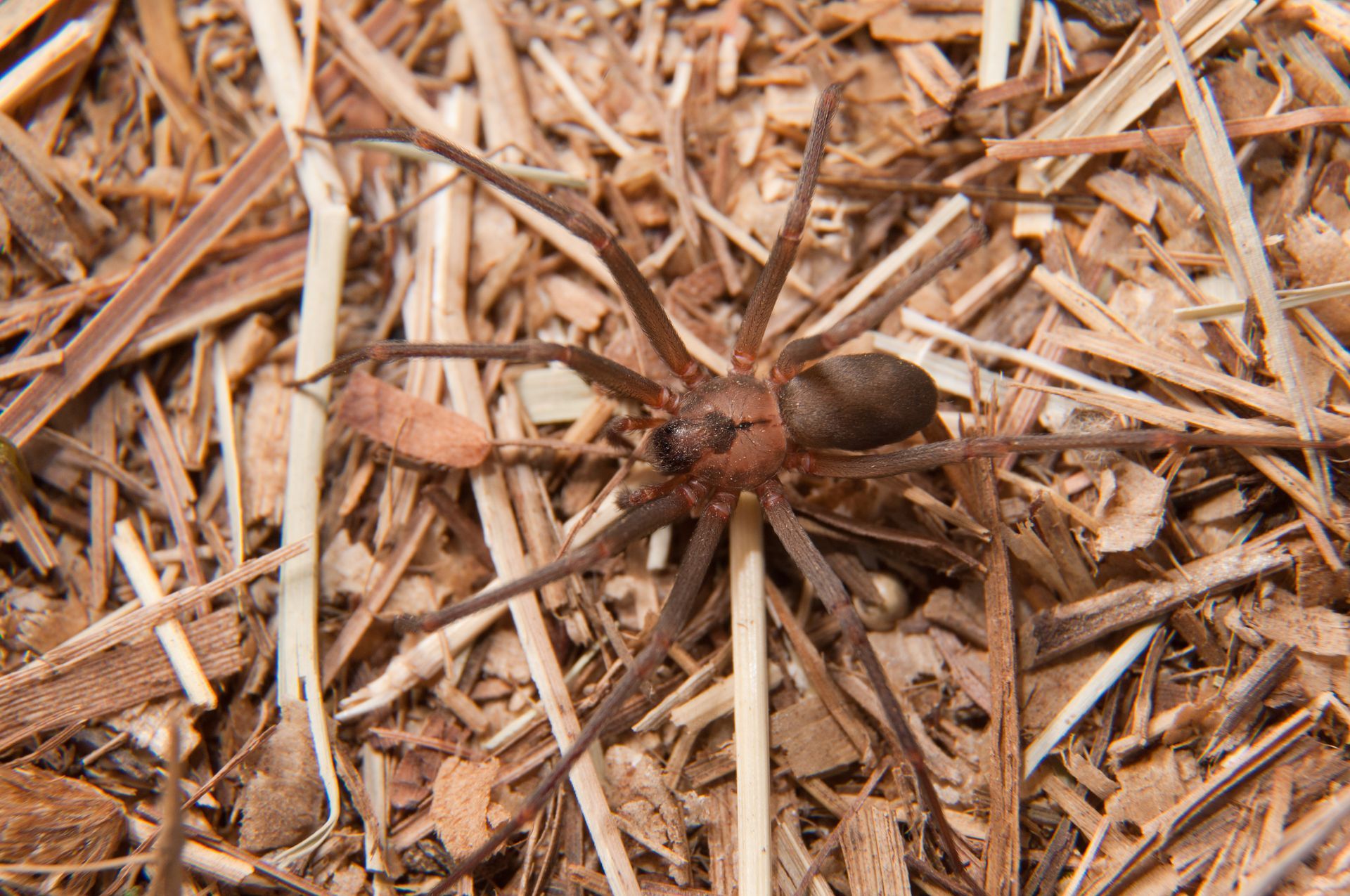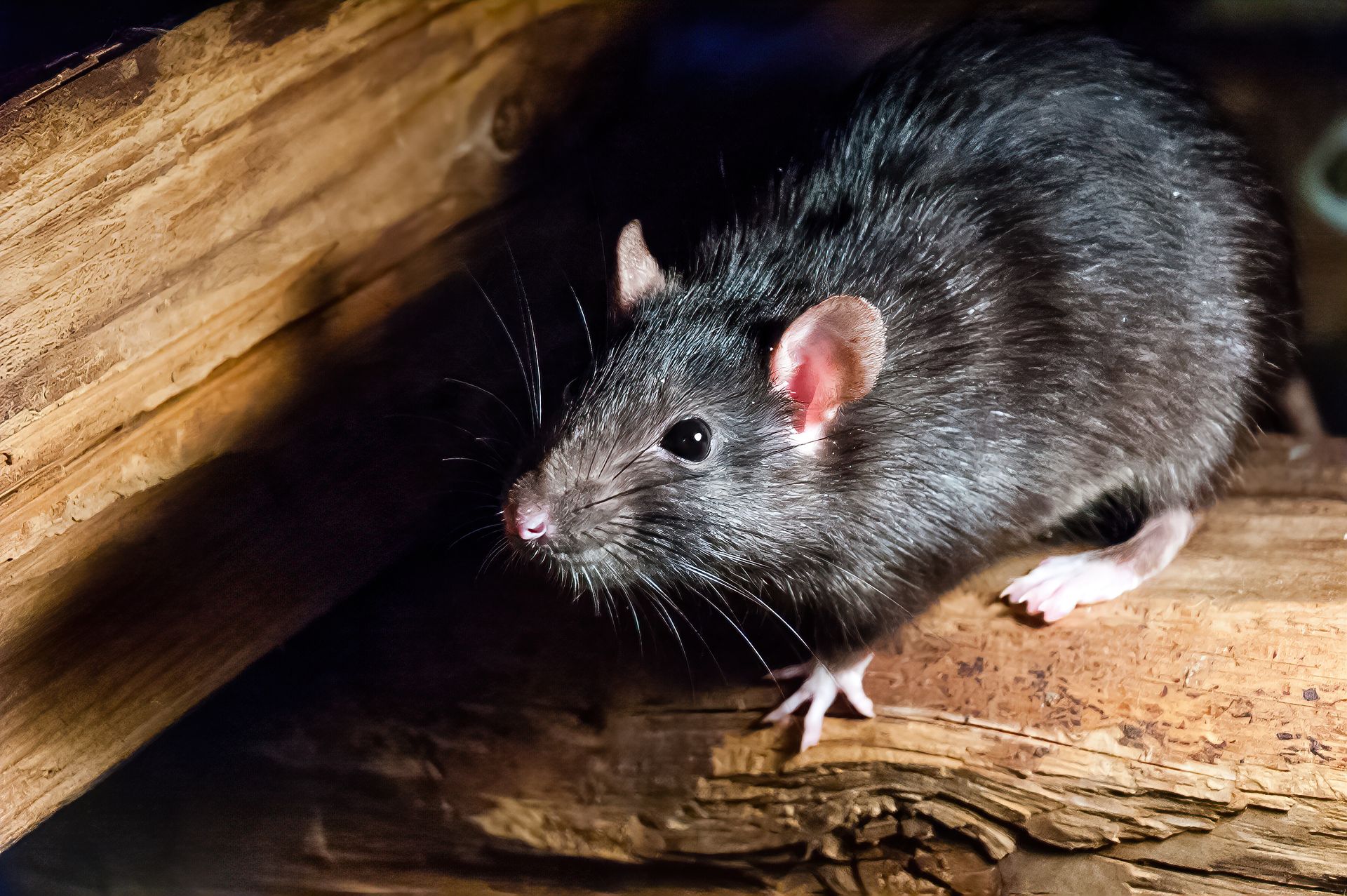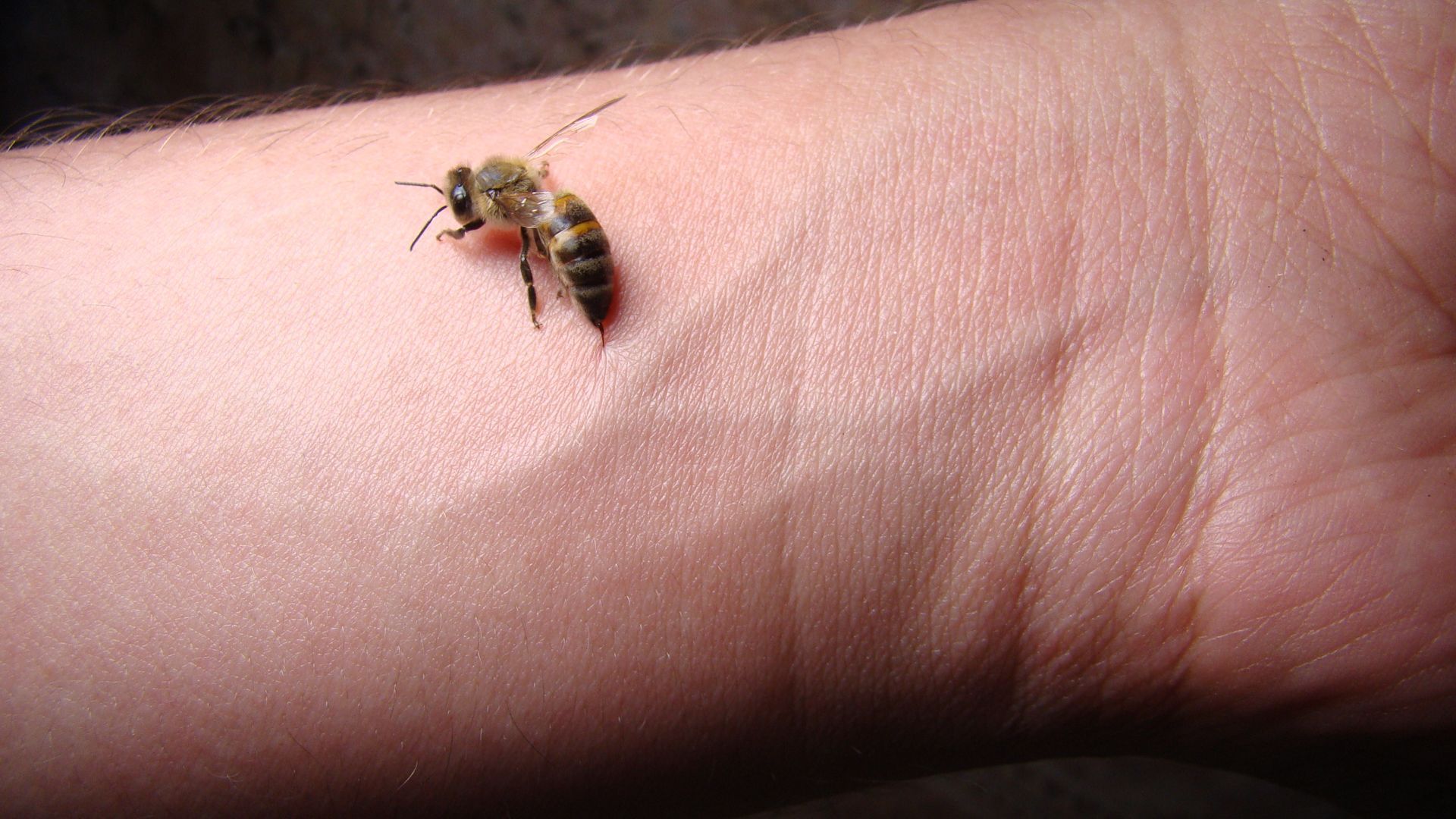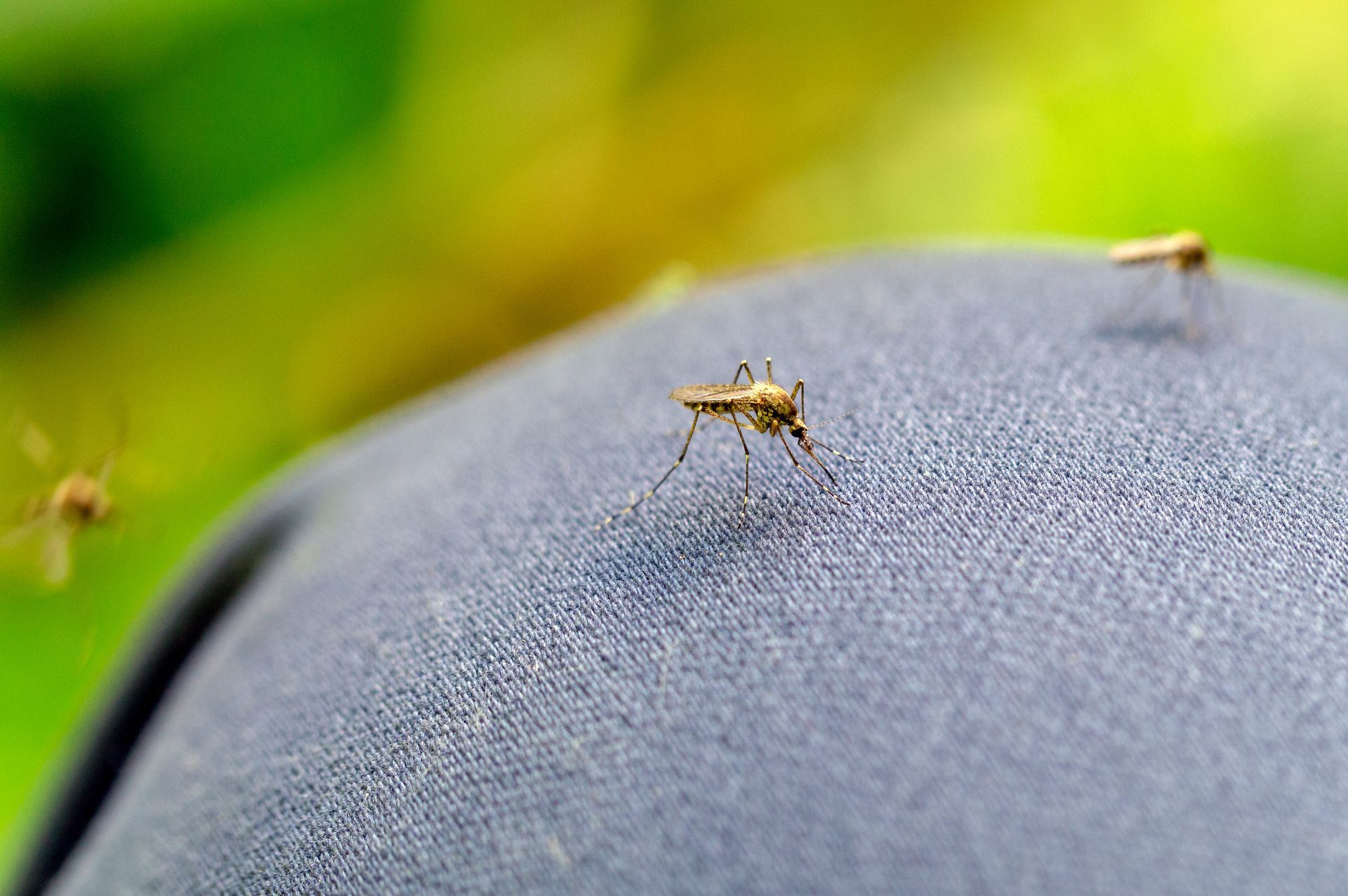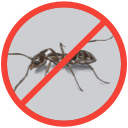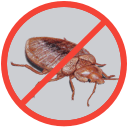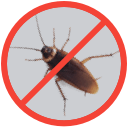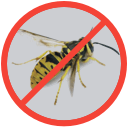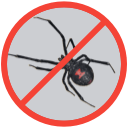How Long Do Mice Live?
The lifespan of a mouse is dependent on several variables but on average a mouse usually survives between 6 – 18 months in optimal conditions. Resource availability, predation, and exposure to rodenticides can all cut a mouse’s lifespan short but there are some things that can lead to a mouse living an extended life. Mice in captivity with access to care can survive for several years and even mice that have managed to infest a home can remain safe for a couple years as long as they go undetected.
Life Cycle of a Mouse
To better understand the lifespan of mice, it is important to understand their life cycle. Knowing how long each phase of a mouse’s life takes provides some insight into how long a mouse will live.
Baby Mice
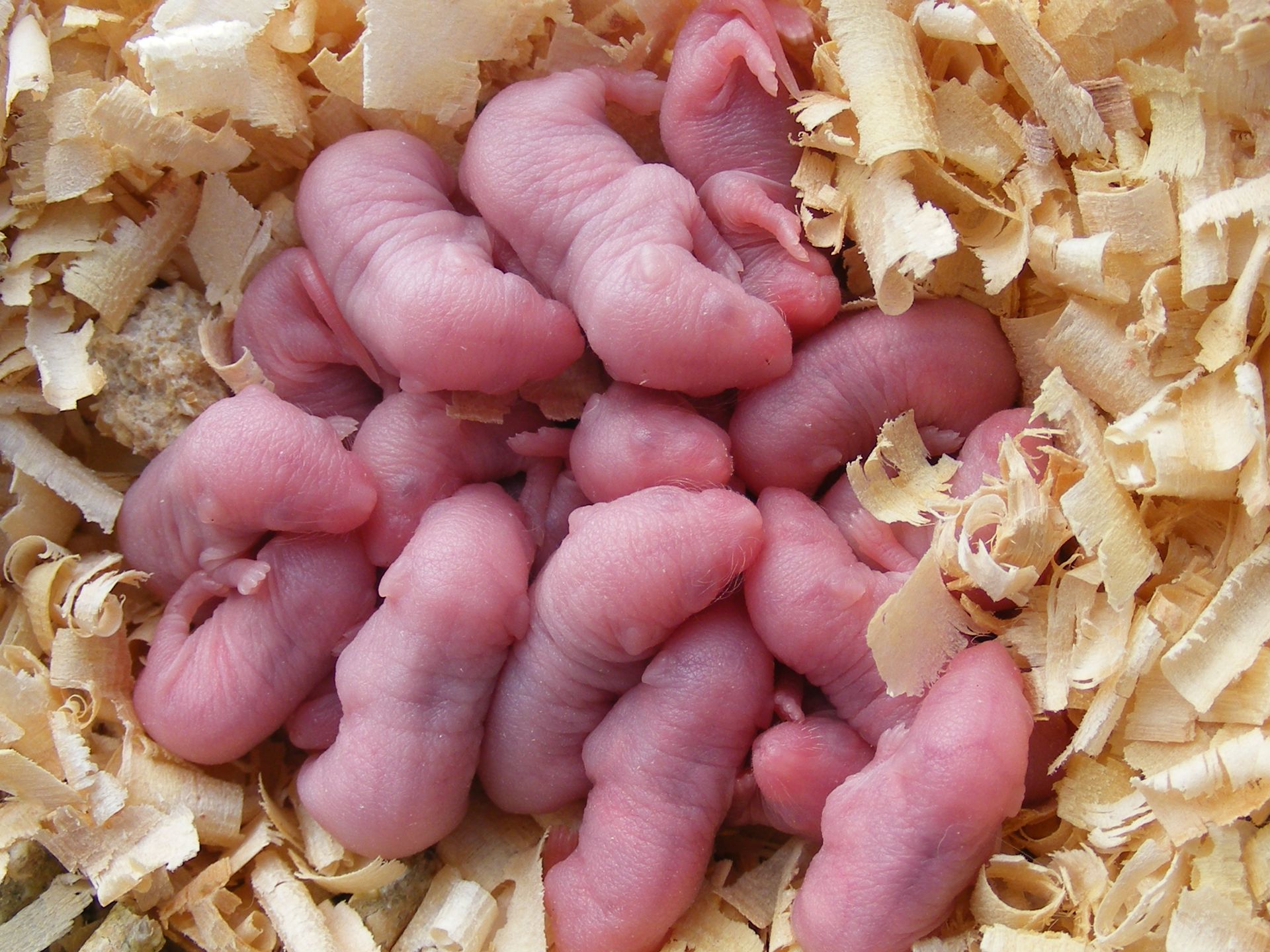
Baby mice are better known as mice pups. They are extremely small, and they are typically blind, deaf, and hairless. During this time, the mice pups are mostly defenseless and completely reliant on the mother for milk and protection. Mice pups are only found inside of a nest so seeing mice at this stage is extremely rare in wild situations.
- The first 4 -5 days of this period, the mice pups are completely hairless, and their eyes and ears are still shut.
- By day 5 the ears will have developed, and hair is starting to come in.
- By day 11, the hair has fully grown out, the eyes start to open, and teeth have emerged.
- By day 15, the pups are fully developed and starting to eat solid food.
Juvenile Mice
By 2 weeks old, the mice have developed into their adolescent stage. Similar to the adolescent phase of other animals, including humans, the mice show signs of increased risk taking, social activity, and impulsivity. During this time, the newly developed adolescent mice will start to explore and leave the nest for their first time. Their brains are still developing but mice are incredibly smart and capable of learning about the world around them. They will seek out food on their own as well as attempt to find mates.
Adult Mice
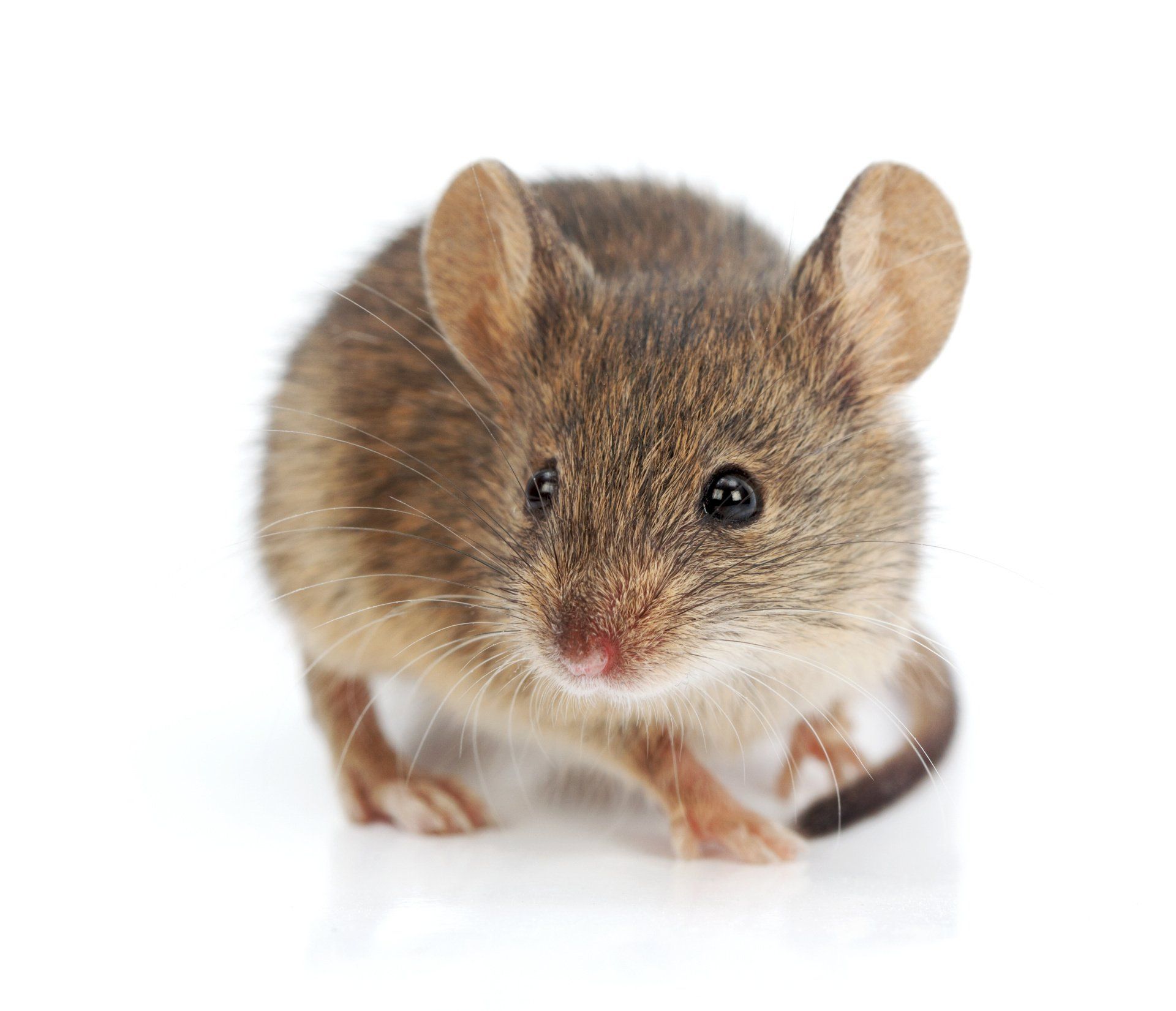
By 6 weeks old, a mouse is considered sexually mature and ready to reproduce. They will spend most of their time pursuing mates and seeking out food and water. Male mice will “serenade” potential mates in attempts to attract a partner and females will seek out the strongest mate possible using pheromones found in the urine of potential mates. Gestation usually takes 21 days and when a female mouse is ready to deliver her babies, she will typically produce between 4 - 14 pups in a litter. In the first year, a female mouse can have as many as 10 litters.
Average Mouse Lifespan
There are several factors that can impact a mouse’s lifespan, so the average life expectancy of a mouse is largely dependent on the situation of the mouse. These factors include habitat, resource availability, predation, pest control, species, exposure, and sickness.
How Long Do Mice Live Out in the Wild
Mice in the wild can live for up to a year and a half but their lives are usually cut short by predators, lack of resource availability, and exposure to the elements. The thing that impacts a mouse’s lifespan the most when it lives in the wild are predators. Mice are easy prey for predators like cats, birds, snakes, coyotes, and other wildlife so being out in the wild can be dangerous for a mouse.
How Long Do Mice Live Inside a Home?
In optimal conditions like living in captivity as a pet mouse, mice can survive for up to 3 years. Even if a mouse is not raised in captivity as a pet, it still has a much better chance at a longer life if they can find their way inside someone’s home. Mice that have invaded a home are much less likely to encounter a predator and they also usually have access to the food stored inside the home. The only real threat to mice who have taken shelter inside a home is exposure to rodent control strategies.
How Long Can a Mouse Live Without Water?
Mice can get most of their moisture from the food they eat so they can often times go up to a month without drinking anything. That said, mice do need to stay hydrated to ensure their body functions properly. Not being hydrated can lead to poor digestion, poor body temperature regulation, and poor immune response. Mice that do not get enough water will get lethargic until their body stops functioning altogether.
How Long Can a Mouse Live Without Food?
Mice are tiny creatures with incredibly fast metabolisms, so their bodies need constant caloric intake to maintain proper bodily functions. This generally means that mice need to feed every 2-3 days to get enough nutrition to stay alive. Wild mice need even more calories in order to evade predators while house mice don’t need to work as hard to stay alive.
Mice Lifespan by Species
Another variable that can impact the lifespan of a mouse is the species. Below are the average lifespans of different common mice species under optimal conditions:
- House mouse lifespan is between 9-12 month in the wild
- Deer mice typically live between 2- 14 months in the wild
- White footed mice will survive between 12-24 months in the wild
- Western harvest mice will typically live between 6-12 months in the wild
The difference between the different species of mice lifespans is likely impacted by their habitat and exposure to predators.
Mice Sickness
The most surprising thing about mice is that they can develop sicknesses much like humans can. Everything from respiratory illnesses to organ failure and tumors can shorten a mouse’s lifespan. If a mouse develops a tumor, a mouse’s days are numbered because their fast metabolism causes the tumors to spread rapidly.
Why Worry About Mice
Even though mice have a relatively short lifespan, their ability to reproduce at incredible rates makes them a problem homeowners should worry about. Mice reach sexual maturity in 6 weeks and after that point can produce a litter of up to 14 mice pups almost every month. This means that one pregnant female mouse can produce over 150 baby mice every year. If those baby mice all reach maturity in a month and a half that means that there could possibly be several thousands of mice after a few generations of infestation.
Mice are also capable of chewing through wires, plastics, drywall, and other building materials on top of potentially spreading harmful pathogens in their urine and feces. If a mice infestation reaches large numbers, the aggregated damage and health risks will be significant and will most likely require repairs and rodent waste cleanup.
How to Prevent Mice
Preventing mice is the best option to ensure that mice do not present any problems. This requires eliminating access to anything that would normally attract a mouse. This means sealing up food, eliminating sources of moisture, and removing anywhere mice might create a comfortable nest to have babies in. Sealing up food should be done by transferring stored goods into hard plastic or glass containers that mice won’t be able to chew their way into. Eliminating sources of moisture requires that leaking plumbing is repaired and any areas with standing water are cleaned up. Getting rid of nesting sites requires a deep cleaning of storage areas like closets, garages, basements, and attics. Mice like to find undisturbed places with soft materials to establish a nest so getting rid of or properly storing old linens, books, or any other materials that can be broken down to create a nest will help reduce potential nesting sites.
Contact EcoGuard Pest Management if You Are Dealing with Mice
Mice are usually careful not to be seen so if you have seen signs of mouse activity, it likely means that you are already dealing with a mice infestation. Be sure to call EcoGuard Pest Management to come exterminate your mouse problem. Our team of licensed and trained rodent control experts will come in and provide a full rodent inspection before mice treatment and clean up services if necessary. Our mice control experts know where to look for signs of mice activity and know how to apply treatment in an effective and efficient manner. Call today to schedule an inspection so we can get rid of mice today!
Mice Lifespan FAQs
-
How long can mice live in your house?
Mice in captivity can live for up to 3 years given they are well taken care of. Mice that have invaded a home will also live longer than mice out in the wild. This is due to them being more protected against predators and the elements. If a mouse isn’t caught or poisoned, they can reasonably live for a couple years indoors.
-
Can you tell how old a mouse is?
You can typically tell how old a developing mouse is by seeing how much fur they have and how developed their ears and eyes are. That being said, seeing baby mice in the wild is extremely unlikely so it would be difficult to do this unless the baby mice are being raised in captivity. Once mice have fully developed features, it is hard to tell how old a mouse might be.
-
How old is the oldest mouse?
The oldest living recorded mouse was a mouse raised in captivity at the San Diego Zoo under a conservation program for the pacific pocket mouse. The mouse in question was named Pat and he lived for nine and a half years.
Request A Free Estimate
We will get back to you as soon as possible
Please try again later
Immediate Service Available
Services
Customer Care
Legal
Working hours
- Mon - Sun
- -
All Rights Reserved | EcoGuard Pest Management | All Phone Calls Recorded | By Using Website You Agree To Terms Of Use



